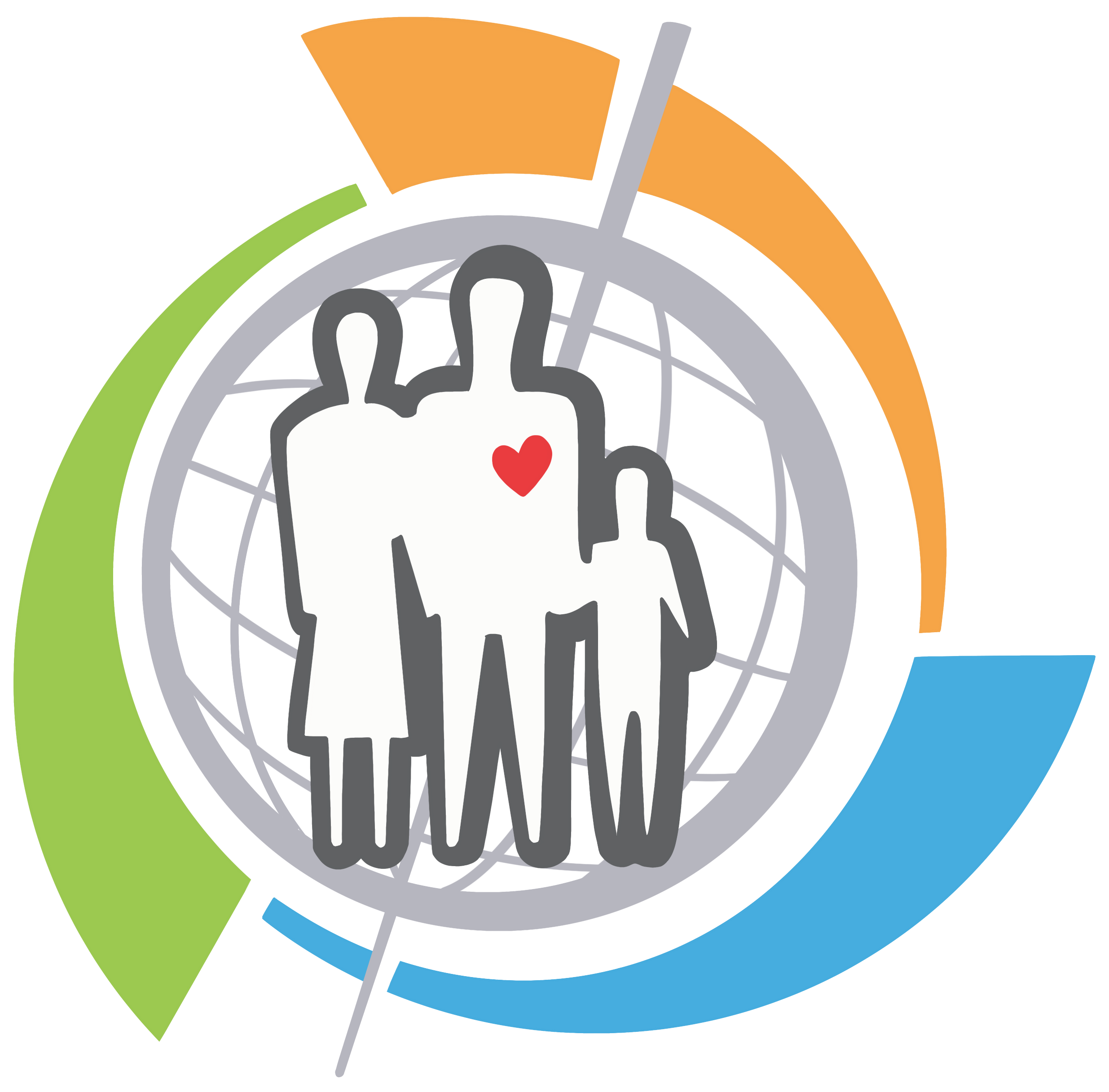ABOUT REFUGEES
1) Who is a refugee?
According to the United Nations High Commissioner for Refugees, a refugee is:
“someone who is unable or unwilling to return to their country of origin owing to a well-founded fear of being persecuted for reasons of race, religion, nationality, membership of a particular social group, or political opinion…They are defined and protected in international law, and must not be expelled or returned to situations where their life and freedom are at risk”.
-UNHCR
War and ethnic, tribal and religious violence are leading causes of refugees fleeing their countries.
2) Why can’t they return home?
In many cases, refugees might prefer to return to their home country. They become refugees due to fear of being persecuted. It takes years, sometimes decades, for a situation to improve. Once someone has fled out of the country it is often almost impossible for them to return home.
3) What is it like to live in the refugee camp?
People leave behind their homes, property, in some cases all belongings when they flee. Refugee camps across the world are managed by the UN’s refugee agency called the United Nations High Commissioner for Refugees (UNHCR). Refugee camps vary around the world.
4) How are they vetted before their resettlement in the U.S.?
Receiving Refugee Status to enter the United States of America requires exceptional scrutiny. Refugees undergo a rigorous set of screening procedures in order to be admitted into the United States. Please see the link here to learn more about the refugee process.
5) Where can I learn more about refugees and current U.S. government policies?
United Nations High Commissioner for Refugees
Bureau of Population, Refugees, and Migration under the U.S. Department of State
Office of Refugee Resettlement
ABOUT THE AGENCY
6) What exactly does Carolina Refugee Resettlement Agency (CRRA) do?
Since the mid-1990s, the agency under HIAS has been resettling refugees to Charlotte. CRRA was founded in 2011, as a non-profit organization with the 501c3 status. Our sole purpose is to resettle refugees coming to Charlotte. We are affiliated with the HIAS, one of nine National Agencies that accepts and places refugees to affiliate offices across the country. Once refugees arrive in Charlotte, the agency is responsible for assisting with the local integration process within the first 90 days after arrival. This process includes but is not limited to: finding housing, applying for social benefits, finding employment and moving toward self-sufficiency within a short window of time.
7) Why do refugees come to Charlotte?
After a refugee has been officially approved to legally enter the United States by the Department of Homeland Security, CRRA’s National Agency, HIAS, forwards the names of incoming arrivals to our office. Determining who may come to Charlotte is based on the refugees’ ties in the area and the services CRRA can provide locally.
8) How many refugees does CRRA assist each year?
The number of refugee arrivals into the United States each year is announced every October by a Presidential Determination. In recent years refugee arrival numbers have fluctuated widely. This year CRRA expects to resettle up to 300 incoming people. CRRA also continues to provide an array of services for all refugees and asylees for up to five years from their date of arrival – meaning the agency can be assisting well over 500 people each year.
9) What other services do you provide?
CRRA continues to provide an array of services for all refugee and asylee clients for up to five years from their date of arrival. Aside from the initial refugee resettlement service period of 90 days, the agency has programming for up to 5 years that includes employment assistance, intensive medical case management, immigration services, a savings programs and financial literacy training.
GETTING INVOLVED
10) How can I help?
CRRA appreciates your consideration to be involved in the refugee resettlement process. The agency is always in need of volunteers who are willing drive clients to appointments, interpret, sort donations and assist with apartment set-ups – among other things. For more information, please visit the Volunteer Page.
11) I might be interested to serve as a board member. What do I do?
Thank you for considering serving on the CRRA Board of Directors. Please feel free to email us your resume and a cover letter at: info@carolinarefugee.org. When a vacancy is available and if your skills meet the agency’s needs, you will be contacted. Please remember that this would be an unpaid position with significant commitments.
CRRA staff is available to answer further questions.
Please feel free to call (704) 535-8803 or email us at: info@carolinarefugee.org
